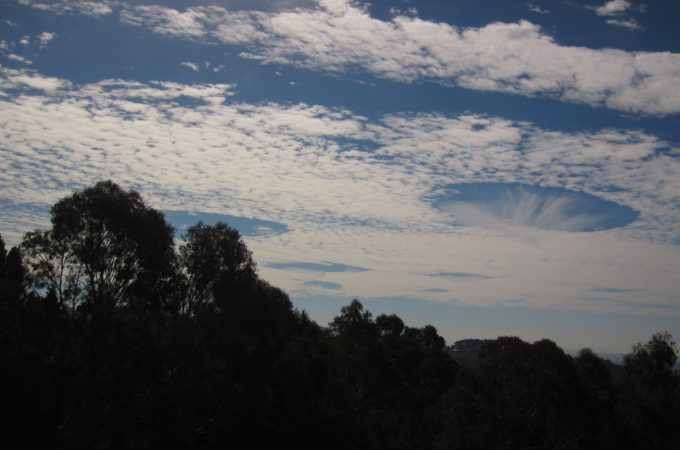
Scott describes mētis and science as two distinct but complemented forms of knowledge with different methods and goals. If he were more familiar with practicing scientists, he would have thought that they are less distinct.


Scott describes mētis and science as two distinct but complemented forms of knowledge with different methods and goals. If he were more familiar with practicing scientists, he would have thought that they are less distinct.

Here are some things that I found interesting online last month.

Grains – wheat, barley, millet, rice, and corn – are the dominant food in all of the earliest states because they are the easiest to collect taxes on, not because they are the best for the people who farmed them.

Scott’s expertise is the history of the people living in the hills of Southeast Asia. This people have been in contact with the largest state-building project in history (China) for thousands of years. They have arranged their societies to be anti-legible: to make it as hard as possible for the state or any large institution to establish itself.

Seeing Like A State is the best political book I have ever read. I have long had tendencies along these lines, but could never put them into words. Scott expresses himself beautifully and cites numerous examples.

Why do some forms of technology change so little? Is it because they have already reached an ideal form?

Spruyt’s previous book detailed the development of the sovereign state system in medieval Europe. In The World Imagined, Spruyt looks at how the sovereign state system spread across the world during the Early Modern Era. He contrasts it with other international systems: the Chinese tributary system, the Islamic Cultural Community, and the Galactic Empires of Southeast Asia.

We currently understand international relations in terms of states, which claim sovereignty within their borders and recognize other states as equal outside of their borders. During the High Middle Ages (~1000-1350), multiple different international systems developed. One of them, the sovereign territorial state, became dominant, first in Europe, then throughout the world.

Could God perform a miracle that violates physical laws? I think that this question is based on a false notion of what a physical law is. Physical laws are summaries of all observations. If something is observed that contradicts a physical law, then the law must change to accommodate the observation.

Here are some things I found interesting online last month.